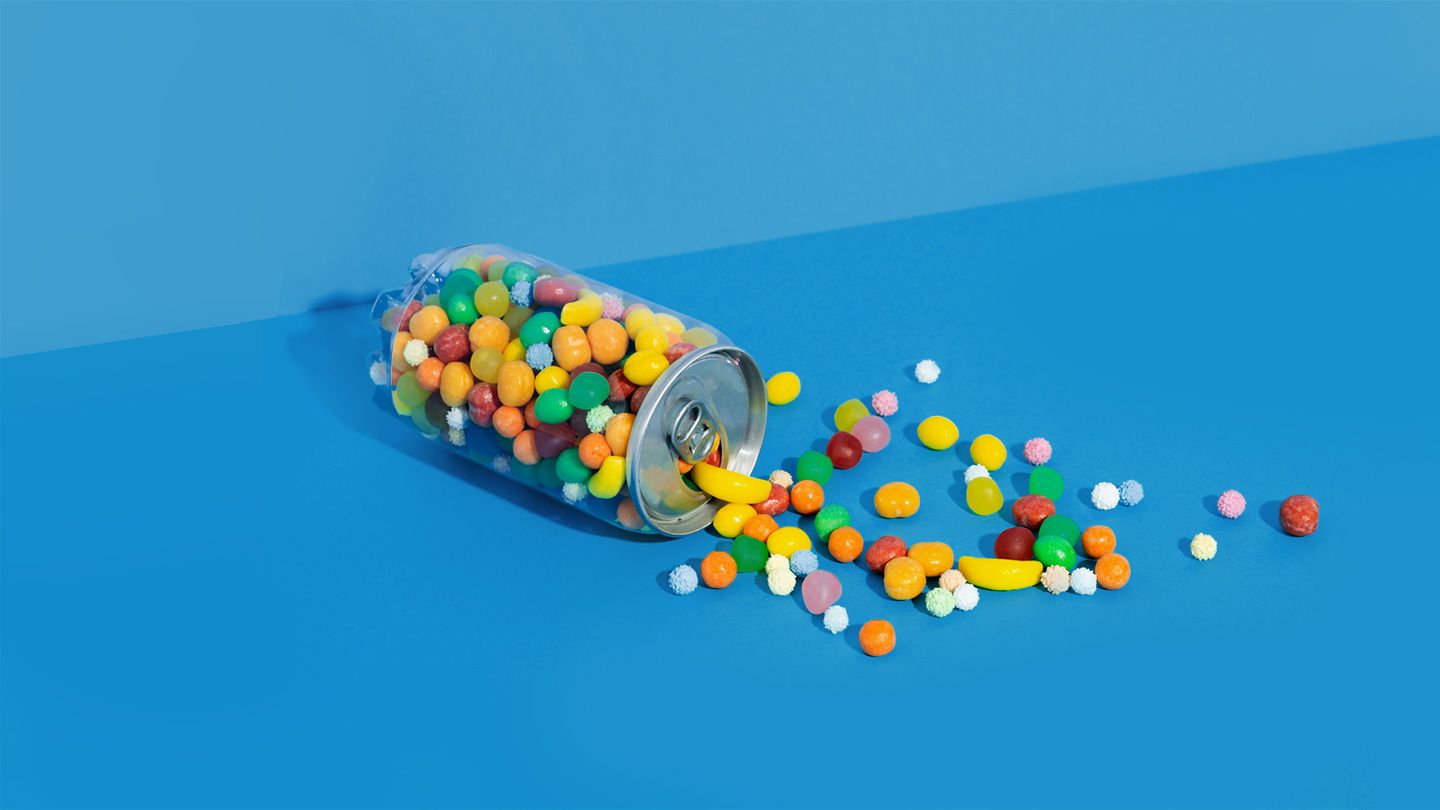Ultra-Processed Foods Linked to Increased Depression Risk

Women who consume lots of ultra-processed foods and drinks — especially products full of artificial sweeteners — were more likely to develop depression, according to new study results.
Researchers examined data from dietary questionnaires completed between 2003 and 2017 by almost 32,000 women. At the start of the study, participants ranged in age from 42 to 62 and none had a history of depression.
During the study period, more than 2,100 people developed depression, as determined by both a clinical diagnosis and prescriptions for antidepressants. Under a broader definition, including people that reported either a formal diagnosis or antidepressant use, a total of 4,840 participants developed depression during the study.
Participants who consumed the largest quantity of ultra-processed foods were 49 percent more likely to develop depression under the stricter definition, and 34 percent more apt to experience this mental health condition according to the broader definition, in study results published September 20 in JAMA Network Open.
“The nutritional quality of our diets impacts overall health, including mental health,” says Connie Diekman, RD, an instructor at Fontbonne University in St. Louis and a past president of the Academy of Nutrition and Dietetics, who wasn’t involved in the new study. “Thus, choosing nutrient-rich foods should be our first priority.”
What Are Ultra-Processed Foods?
Ultra-processed foods are manufactured almost entirely from substances extracted from foods, such as oils, fats, sugars, starches, and proteins; they may also be synthesized in labs where few, if any, ingredients come directly from plants or animals found in nature, according to the Food and Agriculture Organization of the United Nations.
Packaged cookies are ultra-processed, for example, but bagged flour is not.
While ultra-processed foods have long been linked to a wide range of health issues, including heart disease, type 2 diabetes, and certain cancers, less is known about which types of foods might be the biggest problem, the study authors noted.
Artificially Sweetened Drinks Appear Most Likely to Raise Depression Risk
To examine which ultra-processed foods most affected depression risk, researchers looked at several different categories separately: grains and cereals, sweet snacks, ready-to-eat meals, sauces, dairy products, savory snacks, meats, beverages, and artificial sweeteners.
People who drank the most artificially sweetened beverages were 37 percent more likely to develop depression during the study, and participants who ate the most foods with artificial sweeteners had a 26 percent higher risk of depression, the analysis found. There wasn’t a statistically meaningful connection between depression and other types of ultra-processed foods.
In one piece of good news, the study also found that people who reduced their consumption of ultra-processed foods by at least three servings a day were 16 percent less likely to develop depression than participants whose consumption levels remained fairly stable over time.
Research Has Certain Limitations
The study results accounted for several factors that might independently be associated with an increased risk of depression, including the potential for people who consume lots of ultra-processed foods to have obesity, a smoking habit, or a less-active lifestyle.
Still, it’s possible that the results of this investigation were influenced by factors the researchers didn’t measure, particularly when it came to the link between depression and obesity, says Duane Mellor, RD, PhD, a dietitian and a senior lecturer at Aston Medical School in Birmingham, England, who wasn’t involved in the new study.
“It is not clear if low mood increases the risk of weight gain or vice versa,” says Dr. Mellor. Beyond this, body mass index (BMI), the tool used to identify people with overweight or obesity in the study, doesn’t distinguish between excess weight from lean muscle versus fat, Mellor adds. Muscle-building physical activity can reduce mild to moderate symptoms of depression.
“So, it is important that both a healthy diet and physical activity are included as part of a healthy lifestyle to reduce the risk of developing depression or reduce the impact of depression on quality of life,” Mellor advises.
One other limitation of the study is that it relied on participants to accurately recall and report on their own eating habits and mental health diagnoses, rather than objectively measuring what they ate or reviewing medical records to confirm whether they had depression. Another drawback is that most participants were middle-aged white women, making it possible that the findings might differ for men or people from other racial or ethnic backgrounds.
“Whenever a study has a limited demographic it is hard to say with confidence that the same outcome would apply to other groups, but what is known is that the quality of a diet — adequate nutrient intake — is key to overall health,” Diekman says. “Therefore, as an RD, my take on the outcome is that focusing on better food choices and nutrient-rich foods provides people with a better chance of being and staying healthy.”









